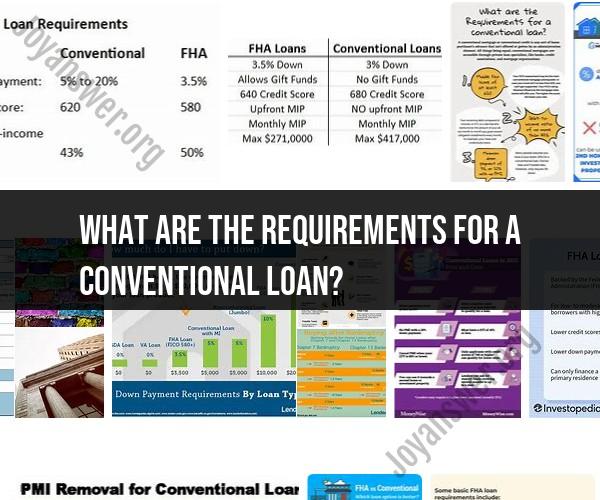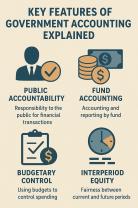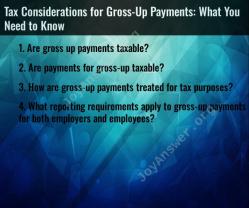What are the requirements for a conventional loan?
If you're looking to purchase a home or finance home improvements, a conventional loan might be a wise choice. Conventional loans are loans that are not government-backed and are typically offered by private banks and mortgage companies. This article will provide a detailed overview of the eligibility criteria and required documentation for conventional loans to help you understand and prepare for applying for this type of loan.
1. Credit Score Requirements:
- Conventional loans typically require a higher credit score, usually above 620. However, a credit score of 700 or higher is recommended to secure more favorable interest rates and terms.
2. Income and Employment Requirements:
- Loan applicants must be able to demonstrate a stable source of income. This usually requires providing recent pay stubs, employment verification, and tax records.
- Self-employed individuals may need to provide additional financial documents such as recent tax returns and financial statements.
3. Debt-to-Income Ratio (DTI):
- Conventional loans have DTI requirements, typically not exceeding 43%. This means that your debt payments (including the mortgage) should not exceed 43% of your total income.
4. Down Payment Requirements:
- Conventional loans typically require a higher down payment, ranging from 3% to 20%, depending on your credit and financial situation. If your down payment is less than 20%, you may need to obtain additional Private Mortgage Insurance (PMI).
5. Financial Documents:
- Loan applicants will need to provide a range of financial documents, including but not limited to:
- Recent two years of tax returns.
- Recent bank statements.
- Documents related to employment or business, such as employment verification or self-employment documentation.
- Documents related to any other debts, such as auto loans or credit card debt.
6. Appraisal and Home Inspection:
- Conventional loans require an appraisal of the property to determine its value. Additionally, a home inspection is typically required to ensure the structural integrity and condition of the property.
7. Variations in Eligibility Criteria:
- Different lenders and mortgage companies may have varying eligibility criteria, so it's advisable to compare offers from multiple loan providers to secure the best interest rates and terms.
8. Document Preparation and Organization:
- To successfully apply for a conventional loan, it's essential to diligently prepare all necessary documents. It's recommended to gather these documents well in advance to ensure a smooth application process.
In conclusion, conventional loans are a popular choice for buying homes and financing home improvements, but they come with a set of eligibility criteria and document requirements. To have a successful loan application, ensure you have a good credit score, a stable income source, meet the debt-to-income ratio requirements, and are prepared to provide the necessary financial documents. Additionally, comparing offers from multiple loan providers to secure the best interest rates and terms is a wise practice. We hope this information proves helpful in your quest to successfully apply for and obtain the loan you need.












